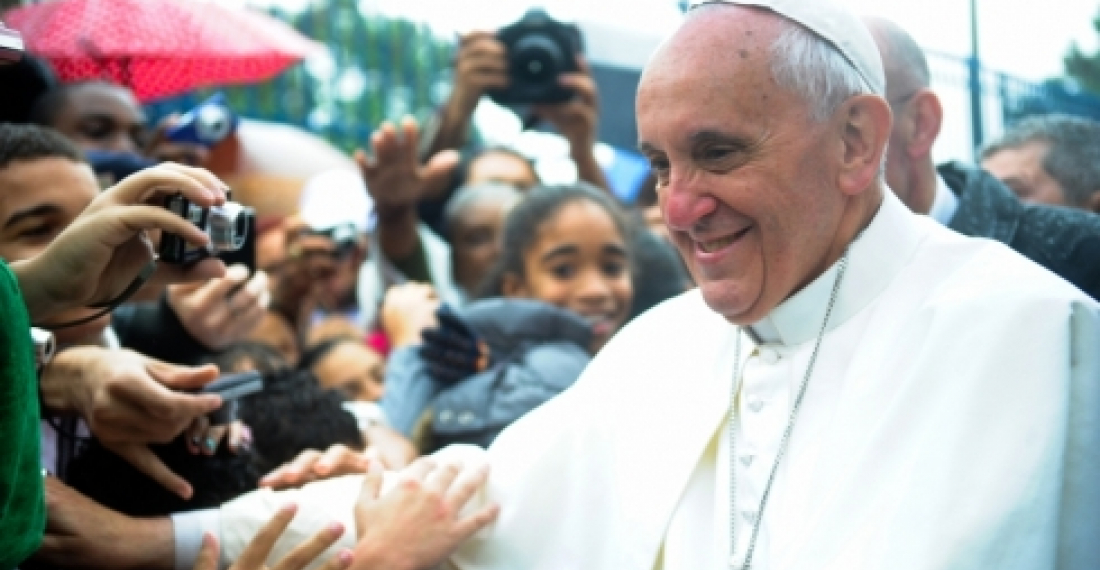The Vatican has released a full itinerary for the Pope’s autumn visit to the Caucasus, where he will meet religious and political leaders, and celebrate mass in a Tbilisi stadium. Francis will spend two days in Georgia and one day in Azerbaijan, following a successful visit to Armenia in June.
Francis originally intended to visit all three Caucasus countries in one trip, but this was split up. Francis will be in Georgia on September 30 and October 1, and in Azerbaijan on October 2.
“I’ll talk to the Azerbaijanis about truth, of what I’ve seen and what I feel, and I’ll also encourage them,” Francis told journalists on his way back to Rome from Armenia on June 26. “And I’ll say that not making peace over a tiny piece of land — because it’s not very big — just isn’t clear. And I say this to everyone, Armenian and Azerbaijani.”
After arriving in Georgia on Friday September 30, Francis will meet President Giorgi Margvelashvili, Patriarch Ilia II, head of the Georgian Orthodox Church, and other political and civil society figures, including. representatives of the Assyrian-Chaldean community.
On October 1 he will hold a liturgy at the 25,000 capacity Mikheil Meskhi Stadium in Tbilisi, then visit the city’s Roman Catholic cathedral, and meet charity workers. He will then travel to the ancient town of Mtskheta, north west of Tbilisi, to visit the 11th century Svetitskhoveli Cathedral.
About 0.5% of Georgia’s population are Catholic, mostly in the south, according to the 2015 census. Pope John Paul II visited Tbilisi in 1999. Archbishop Dominique Mamberti, the Vatican’s foreign minister, visited Georgian leaders in September 2014, who invited Pope Francis to visit.
After Georgia, the Pope will travel to neighbouring Azerbaijan on the morning of October 2. He will celebrate Holy Mass in the Salesian centre in Baku, and then visit the Heydar Aliyev Centre. Next he will meet the Sheikh of the Muslims of the Caucasus in the Heydar Aliyev Mosque, the Orthodox bishop of Baku, and the president of Azerbaijan’s the Jewish community.
“We will be happy to welcome the pope in Baku,” Moisei Bekker, a representative of Baku’s Georgian Jews, told the Washington Post. “We Jews are satisfied with how we live here.
SOURCE: commonspace.eu and agencies
PHOTO: Pope Francis in Armenia






